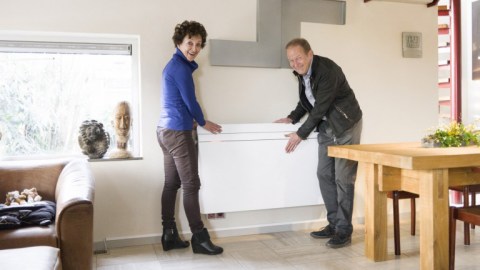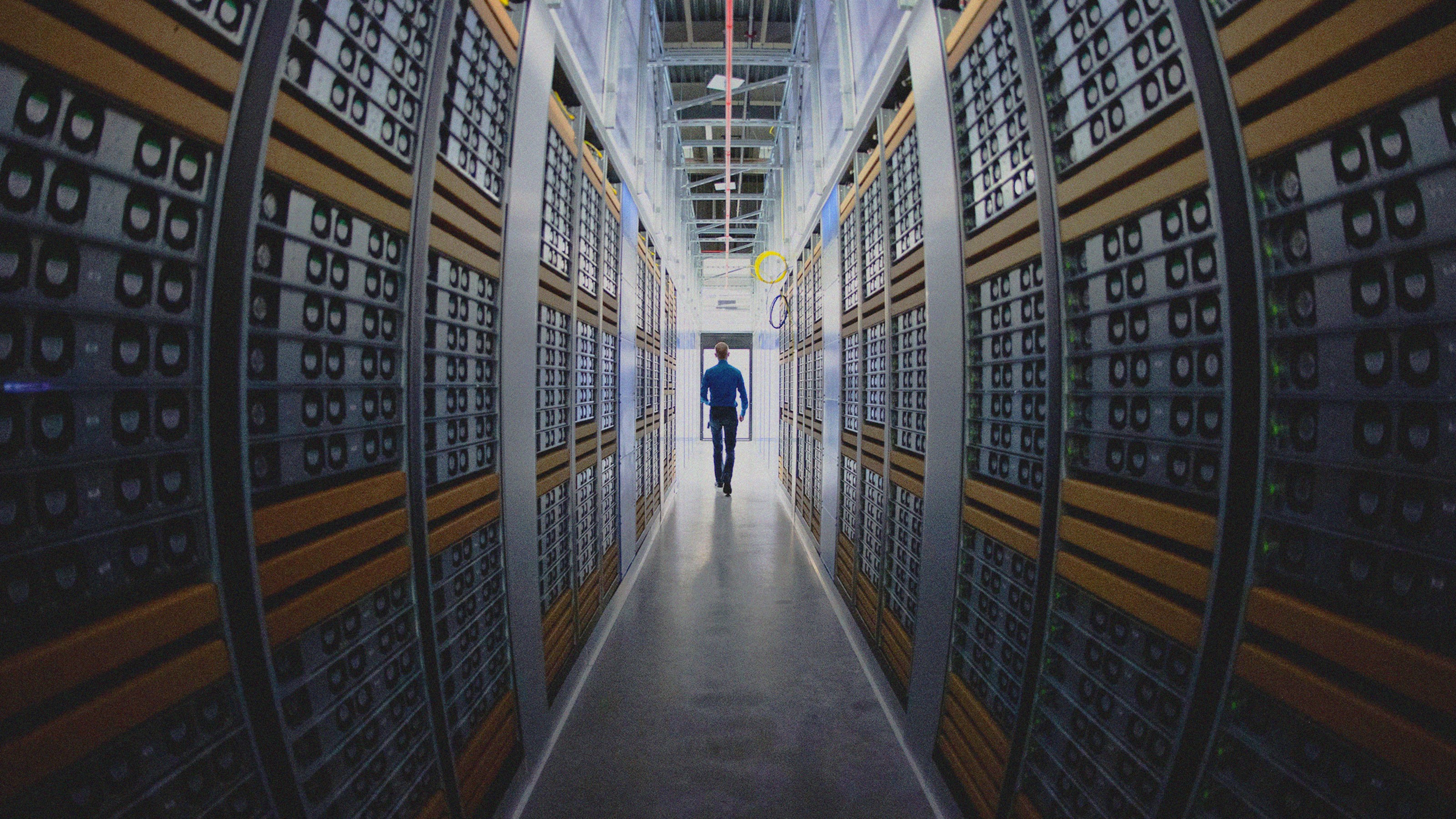Adopt a Cloud Server and Heat Your Home for Free

Data centers may be out of the public eye, but 17 percent of technology’s overall carbon footprint is due to their work. Some of the largest datacenters host hundreds of thousands of running servers and sit on hundreds of acres of land. In the US, which hosts approximately 40 percent of the world’s data centre servers, it is estimated that server farms consume close to 3 percent of the national power supply. All these servers produce massive amounts of heat, and their cooling requires more massive amounts of energy. While big companies like Google, Facebook, and Microsoft are looking into a variety of ways to make the cooling process greener, one particularly clever solution is coming from a Dutch startup called Nerdalize.
Nerdalize proposes an alternative to the data center — individual servers, distributed in a multitude of households, where they act as heaters. First, Nerdalize leases you high-performance servers in the form of a radiator. While you host the server-radiator, or eRadiator, you use the heat it emits to warm up your home. Meanwhile, Nerdalize can afford to sell a considerably cheaper cloud service (“30-55 percent more affordable than the next best thing”) to its partners, thanks to the reduced overhead of a data center, and it also reimburses you for the electricity the server consumes in your home. The eRadiator delivers about 1,000 watts, the same as a small electric heater, and if the weather outside is warm, the generated heat is conducted through a tube to the outside.
“Look at it this way — the kilowatt-hour is really used twice: once to make calculations, and once to heat up someone’s house, where normally these will be done separately,” says Boaz Leupe, one of the founders of Nerdalize.
Leupe came up with the idea after he broke a thermostat in his home. While he was warming up his hands on his laptop, he joked that he and his friend should buy a hundred more laptops to heat up the house. The creators see the model as a triple-win solution — sustainable computing power becomes an affordable commodity; homes are heated for free; and emissions are drastically reduced. There are also benefits coming from the decentralized distribution of servers — increased protection from events like blackouts and earthquakes.
Nerdalize together with Eneco, one of the largest energy suppliers in the Netherlands, have already installed five eRadiators in different homes and will be testing them until the end of the year. Nerdalize is working with the Leiden University Medical Center to run complex calculations in their research. Users of the radiators say they are easy to install and don’t produce any noise.
Photo: Eneco





